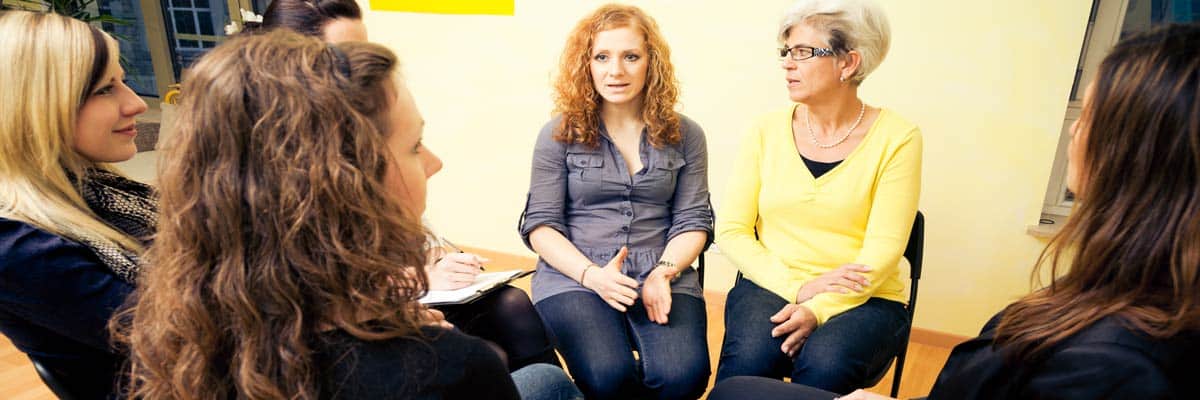Table of Contents
Women’s Addiction Treatment in New Jersey
When discussing alcohol and drug use problems, the focus has usually been on the individual male or both genders as aggregates. However, new evidence has revealed strong social, biological, and environmental factors where gender and addiction interact. Moreover, women are well represented.
Women are the fastest-growing population in America. According to the U.S. Census Bureau, there were 156.1 million males and 161 million females in 2013. Of these, about 16 million aged over 18 years have used illicit drugs in the past year. According to the National Survey on Drug Use and Health (NSDUH), about half of these users have an addiction problem.
Furthermore, drug-related emergency room visits and opioid-related deaths involving women have only soared since 1999. There has been no substantial change for men. From 2010 to 2015, over 50,000 women died from drug overdoses alone. Our recommended New Jersey women’s drug rehab centers are here to help on the road to sobriety.

Substance abuse is a women’s problem too
- Alcohol: Alcohol is the most commonly abused substance in the United States. NESARC data revealed that 1.2 in 10 women abuse alcohol compared to 2 in 10 men. This gap has been closing because drinking by women has become more socially acceptable.
- Nicotine: 71 million Americans older than 12 years, and 1 in 4 women, use tobacco. A study by Harvard University revealed that women find it more difficult to quit, and are more likely to relapse even if they do quit.
- Illicit and prescription drugs: Although gender differences do exist, women are more likely to use stimulants at a younger age and are more prone to relapse after quitting the habit. The CDC revealed that 48,000 women died from prescription pain pill overdose from 1999 to 2010. Furthermore, women are more likely than men to receive prescriptions for opioids because they are more likely to suffer from chronic pain conditions such as fibromyalgia.
Reasons for Addiction in Women
- Hormones: Hormonal fluctuations may increase drug cravings during the menstrual cycle. According to research, women make stronger associations with their environmental triggers and are more prone to seek rewards during these times.
- Biology: Women tend to develop alcohol dependence more quickly than men do. Since women normally weigh less, contain less body water, and have more fatty tissue, they have a hard time excreting it easily. Besides, they have lower levels of two enzymes that digest alcohol in the stomach and liver. This causes increased absorption of alcohol into their bloodstream.
- Trauma: Many life experiences may cause women to seek solace in drugs. Domestic violence, as well as post-traumatic stress disorder (PTSD) from physical, emotional and sexual trauma results in drug abuse among women.
- Environmental pressure: A lot of environmental pressure is peculiar to women. For example, motherhood comes with a lot of pressure. For most women, it is the most demanding period of their lives. To relieve the social pressure of being the perfect woman (juggling career, motherhood, and other responsibilities), they may turn to drugs. Societal ideation of body image is also to blame. Weight loss in the face of demands from society and the beauty industry is a general motivation to turn to drugs.
- Co-occurring disorders: women account for a higher incidence of mental illnesses like anxiety and depression and are more likely to self-medicate. In the long-term, this results in drug dependence and addiction.
- Gender stereotypes: Many women confirm that the first time they used drugs was in an attempt to challenge stereotypes about being unable to handle certain substances. For addictive drugs like crack cocaine, one use can lead to addiction.
Finding Women’s Drug Rehab in New Jersey
New Jersey women’s drug rehab should be designed to meet the physical, psychosocial, and mental needs of women from every lifestyle. At our New Jersey Women’s Addiction Treatment Centers, treatments are individualized and oriented towards helping you kick addiction as soon as possible.
If you or a female loved one has an addiction, help is available. Call us to get started today.
